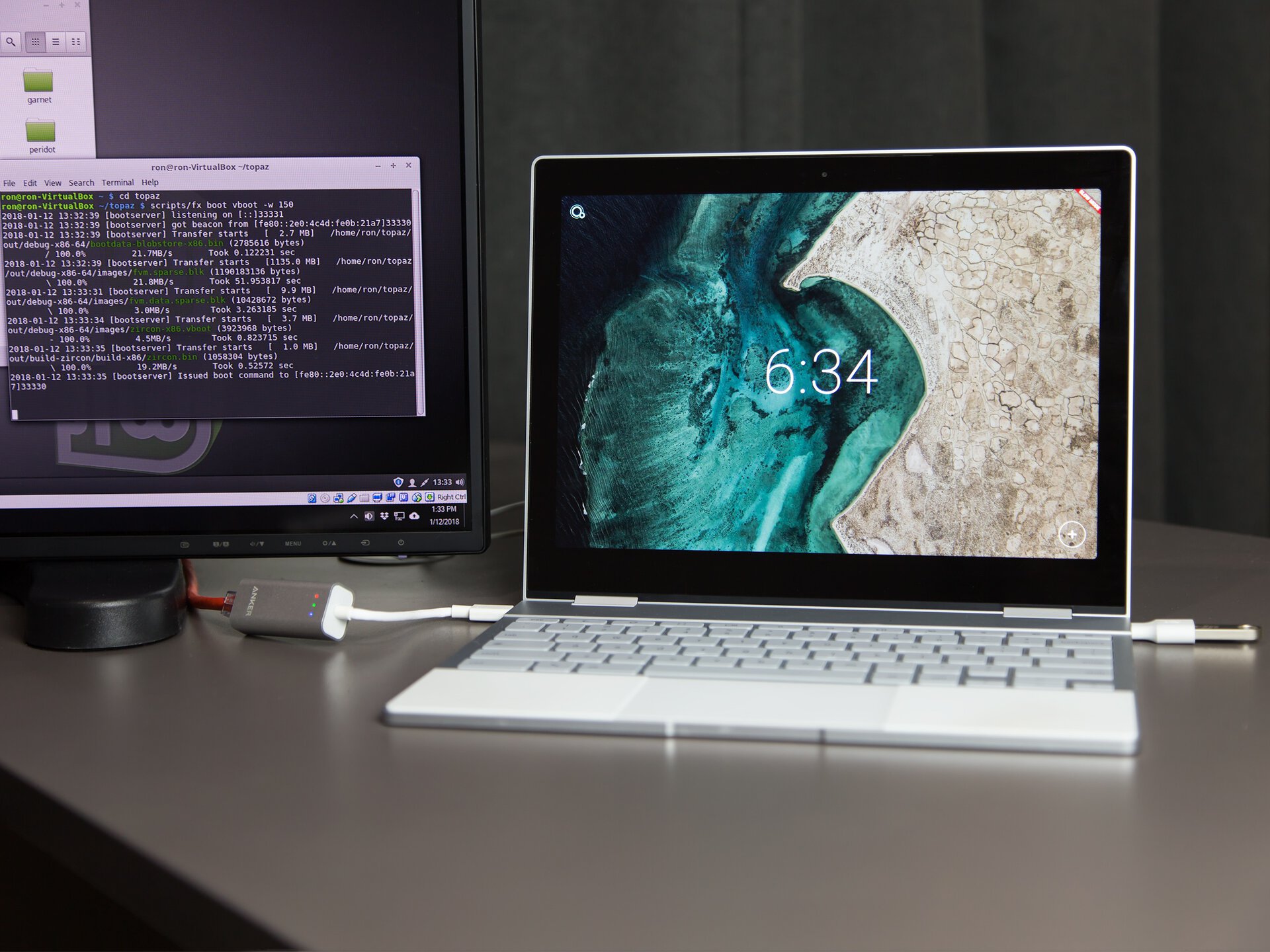Affiliate links on Android Authority may earn us a commission.Learn more.
Google Fuchsia could replace Android and Chrome OS in the next five years (Updated)
June 29, 2025
Update, 07/19/18 at 2:43 p.m. ET:Google hasn’t completely denied that it’s working on replacing Android, but it did debunkBloomberg’stimeline. The company reached out toCNETto confirm that there is no five year plan to replace Android with Fuchsia.
Original article, 07/19/18 at 11:57 p.m. ET:It’s been a while since we first got wind ofGoogle Fuchsia— a mysterious, open-source operating system that could one day replace Android andChrome OSas the search giant’s single, unifying software platform.

Now, almost two years after thefirst sightings of Project Fuchsia, a new report has emerged citing sources inside the Mountain View firm that outlines the current state of Fuchsia OS, it’s possible future, and the many, many roadblocks that could see the whole endeavor go up in flames.
According toBloombergsources, the Fuchsia team is working to craft an operating system that can run on all of Google’s products, with a greater focus on voice interaction, artificial intelligence services, and improved security.

As well asGoogle Pixel phones,Home smart speakers, and Chrome OS-powered hardware, the report also suggests that Fuchsia is being designed to run on third-party devices that currently use the OS we all know and love: Android.
Scalability is reportedly a key focus for Fuchsia’s design, with Google looking to support all manner of connected products with differing screen sizes such asTVs, car infotainment systems, desktop PCs, and beyond.
![]()
While the OS is far from ready for prime time, one of the unnamed sources claims that the engineering team is looking to embed Fuchsia on smart home devices within the next three years before turning its attention to laptops. The behemoth task of potentially usurping Android would then follow “in the next half decade.”
According to the report, Google Chief Executive Officer Sundar Pichai and Senior Vice President of Android, Hiroshi Lockheimer, have yet to sign off on a roadmap for the project. Despite this, there are rumblings that Pichai, in particular, is highly supportive of the now 100 person-strong team, as many inside Google see Fuchsia as the ultimate secret weapon to end itsOS fragmentation issuesonce and for all.
Ars Technica
However, there are plenty of concerns that need addressing first. The biggest worry among executives is the impact any shift away from Android will have on its relationships with OEMs that rely on the familiar OS and how a tigher grip on security, particularly location and activity tracking, could affect Google’s biggest cash cow: advertising revenue.
The prospect shifting focus away from both Android and Chrome OS for an entirely new ecosystem has also raised eyebrows internally, claims the report, especially with the eyes of the world on its operations so soon after a$5 billion antitrust finefrom the EU over Android licensing requirements.
There’s also the small matter of compatibility. Fuchsia is based on the Zirkon kernel rather thanLinux, the latter of which forms the core of both Android and Chrome OS. Any rollout of Fuchsia would almost certainly leave many older devices running either of Google’s current OS platforms behind.
In a statement toBloomberg, a Google spokesperson simply described “open-source experiments” like Fuchsia as “an investment in innovation.” Time will tell if Fuchsia can avoid the fate of so many other Google moonshot projects, never to emerge from the walls of Google HQ.
What do you make of the latest news? Do you think Fuchsia will replace Android and Chrome OS in the future? Let us know in the comments.
Next:What we learned from running Fuchsia, the mysterious new OS from Google
Thank you for being part of our community. Read ourComment Policybefore posting.